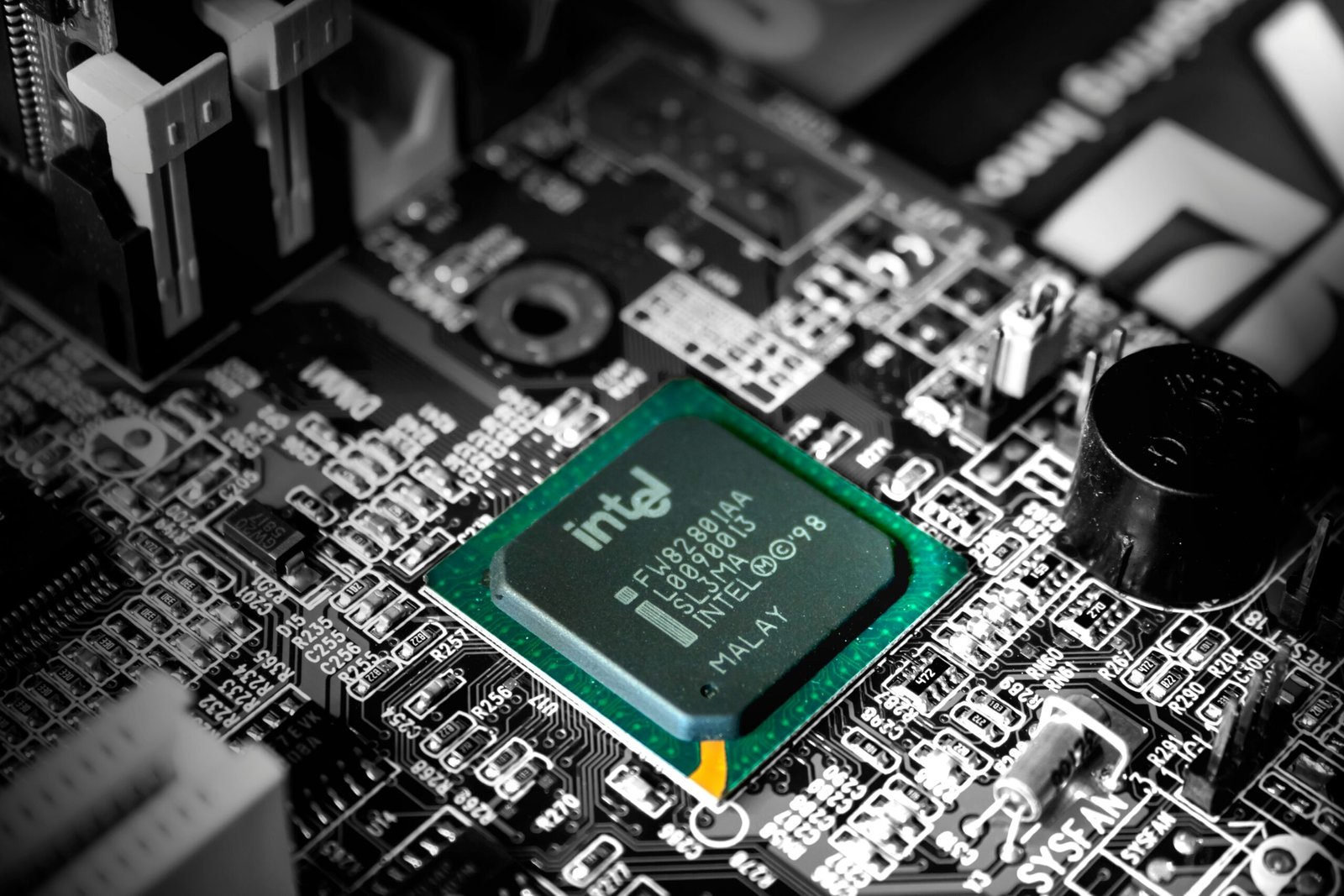Introduction
The integration of Artificial Intelligence (AI) into warfare represents a significant evolution in military technology. AI-powered weapons have been increasingly adopted by various armed forces around the globe, redefining the landscape of modern combat. These advanced systems can autonomously perform tasks such as surveillance, logistics, and even engage targets without direct human intervention, showcasing their potential to enhance operational efficiency and effectiveness.
However, the use of robotics in military settings raises profound ethical dilemmas that necessitate careful examination. A key concern is accountability; when an autonomous weapon system makes a decision that leads to civilian casualties or unintended destruction, determining responsibility becomes complex. Unlike traditional weaponry, which relies on human operators to take actions and bear consequences, AI-powered systems challenge our existing frameworks of military accountability.
Furthermore, the potential for bias in AI algorithms is an alarming issue that complicates the ethical landscape. AI systems are often trained on datasets that may contain historical biases, which can result in discriminatory targeting decisions. The consequences can be severe, leading to significant humanitarian impacts and damage to civilian infrastructure.
Moreover, the unpredictability associated with AI in warfare cannot be overlooked. The autonomic nature of these systems may lead to unintended consequences, where weapons could malfunction or operate outside their intended parameters. This capability raises questions about the reliability and trustworthiness of AI as a decisive factor in life-or-death scenarios.
This introduction sets the stage for a comprehensive discussion on the ethical implications of AI-powered weapons. Readers will gain insights into these critical challenges, exploring the consequences of technological advancements in warfare and the ethical frameworks necessary for their governance.
The Rise of AI-Powered Weaponry
The integration of artificial intelligence (AI) into military operations represents a significant technological shift, marking the rise of AI-powered weaponry on the global stage. This advancement can be traced back to the rapid development of robotics and machine learning capabilities over the past two decades. As nations invest heavily in defense technologies, the incorporation of AI into weapons systems has emerged as a focal point. Modern warfare increasingly leverages these innovations to enhance combat effectiveness, operational efficiency, and strategic superiority.
Current military forces are actively integrating robotics, drones, and AI algorithms into their arsenals, with countries like the United States, China, and Russia leading the charge. Drones equipped with AI technology can execute missions with minimal human intervention, increasing speed and precision while reducing the risk to human pilots. The autonomous capabilities of these systems can analyze vast amounts of data in real time, facilitate decision-making, and execute complex maneuvers that were once impossible.
Data and statistics indicate a marked increase in the deployment of AI-driven systems in recent conflicts. For instance, a report by the International Institute for Strategic Studies shows a 45% rise in military spending on robotics and AI technologies from 2019 to 2022. Moreover, AI-powered surveillance systems are being utilized to monitor battlefield conditions and predict enemy movements, thereby optimizing tactical advantages. These technologies are not only reshaping the landscape of warfare but also raising ethical concerns about accountability in military actions.
The advantages of using AI-powered weaponry are substantial, including enhanced operational efficiency, reduced human error, and the capacity for unprecedented data analysis. However, the potential risks remain significant, as ethical dilemmas surrounding automated decision-making, the potential for misuse, and the impact on international relations provoke ongoing debates among policymakers, military strategists, and ethicists.
Ethical Considerations in the Use of Robotics
The incorporation of artificial intelligence (AI) in warfare raises numerous ethical concerns that warrant in-depth exploration. One of the primary issues revolves around accountability. When autonomous weapons make decisions, the question arises: who bears responsibility for their actions? In scenarios where an AI system mistakenly targets civilians, establishing accountability can be complex. Military leaders, engineers, and government officials may deflect responsibility onto the technology itself, creating a moral vacuum in which no individual or organization can be held liable for the consequences of robotic warfare.
Additionally, bias in AI decision-making poses significant ethical dilemmas. AI systems are trained on datasets that may contain inherent biases, potentially leading to discriminatory targeting practices. For instance, if an AI weapon’s training data is skewed toward certain demographics, it may exhibit prejudice in combat scenarios, thereby violating internationally accepted principles of discrimination and proportionality established in humanitarian law. This issue is particularly poignant given several incidents involving AI-powered systems, such as drone strikes that resulted in unintended civilian casualties, highlighting the critical need for transparent AI algorithms and inclusive training practices.
International laws and regulations concerning the use of autonomous weapons remain relatively underdeveloped. While various treaties govern conventional weapons and warfare, AI applications present unique challenges that current legal frameworks may not adequately address. Nations are divided on how to regulate such technologies, complicating efforts to establish universal standards. Stakeholders, including military leaders, ethicists, and human rights organizations, have vocalized their concerns regarding the potential for widespread misuse of AI in military operations. Ethicists argue for preemptive bans on fully autonomous weapons, while some military leaders advocate for the integration of human oversight in AI systems as a means of ensuring ethical compliance on the battlefield.
Conclusion and Future Outlook
The ethical implications of AI-powered weapons are increasingly crucial as technological advancements continue to reshape the landscape of warfare. This blog post has explored various facets of robotics in conflict, from the potential benefits of efficiency and precision to the profound moral dilemmas these innovations present. As societies look to the future, the need for a proactive approach to the ethical deployment of AI in military contexts cannot be overstated. Stakeholders are urged to consider frameworks that prioritize not only the operational effectiveness of AI weapons but also the human cost associated with their use.
As we examine the role of robotics in warfare, it is imperative for individuals, policymakers, and militaries alike to engage in open dialogue about the long-term ramifications of autonomous weapons systems. Public awareness initiatives are essential for educating society about these complex issues, and the conversations surrounding AI in military applications must be inclusive, allowing diverse perspectives to shape future regulations. Encouraging community engagement will provide valuable insights into the ethical boundaries that must be adhered to when deploying such technologies.
The potential for machines to make life-and-death decisions raises significant concerns about accountability and oversight. Therefore, it is vital to establish clear ethical guidelines and legal frameworks that can govern the use of AI in warfare. Looking ahead, it is clear that while robotics may bring about transformative changes in military strategy, they also necessitate a thoughtful examination of the values we wish to uphold as a society. As technology continues to evolve, it will be critical for all involved parties to continuously assess the moral implications of their choices and adaptations in the realm of warfare.
In closing, the intersection between ethics and robotics in warfare not only calls for immediate attention but also establishes a foundation for ongoing discourse on our collective responsibilities as we navigate this unpredictable future.




